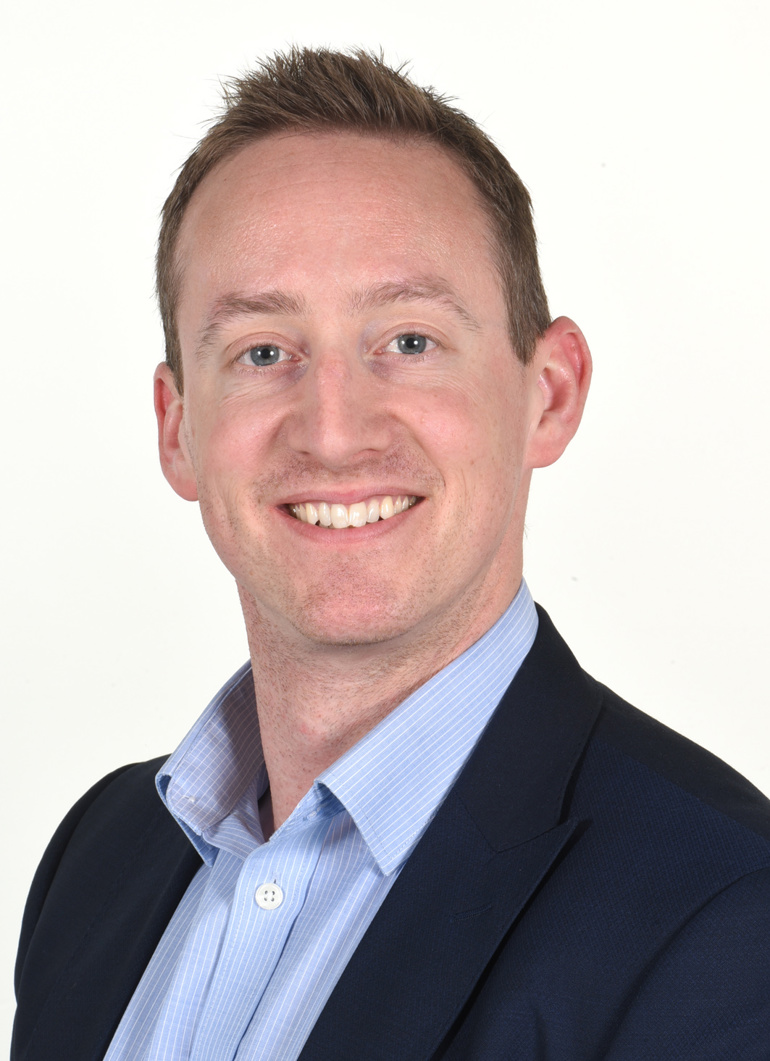Before we talk about the audit process, can you give us a little information about your smoking cessation service?
Smoking tobacco is the single biggest cause of preventable death, disability, ill-health and social inequality in the UK and there is a reliable evidence base for the benefits of treating tobacco addiction. Tobacco addiction is a disease, but one that has very effective treatments. All clinicians have a responsibility to understand this disease, its treatments and to proactively identify and treat patients with this disease. Respiratory clinicians must lead from the front. When this medical management is combined with intensive and specialist behavioural change support from trained practitioners, the very best outcomes are achieved.
I am the clinical lead for the CURE programme and Tobacco Addiction in our hospital. CURE is a specialist tobacco addiction treatment service first piloted at Wythenshawe Hospital in 2018 which was so successful that it has been adopted permanently by the trust. It is a comprehensive service across the hospital that supports all clinicians to engage with smokers and prescribe pharmacotherapy in line with agreed protocols.
We have embedded a team of specialist practitioners (band 6/7 specialist nurses) to approach every smoker to offer intensive support both during a hospital admission and after discharge. This approach has resulted in just over one in five smokers admitted to hospital being abstinent from smoking at 3 months after discharge (Feasibility, uptake and impact of a hospital-wide tobacco addiction treatment pathway: Results from the CURE project pilot)
Hear more on the CURE project from Dr Evison's presentation on the bottom of this page and on the CURE Project's website.
Your service participated in the BTS national audit. What do you see as the key advantages of being involved?
For me, the 2016 BTS smoking cessation national audit was the most important piece of audit data ever published. It shone a light on the woefully inadequate service provision in secondary care and was a wakeup call to the respiratory and wider healthcare community. It really exposed the injustice and inequality that patients with tobacco addiction face and it was the starting point for our journey to launching and delivering CURE.
To then have the opportunity to participate in the audit again in 2019 felt truly like we completely the audit loop, as it enabled us to demonstrate the impact CURE has had.
Nationally 30% of smokers were provided with nicotine replacement therapy when admitted to hospital, at Wythenshawe that figure was 85% (and this doesn’t include prescription of other pharmacotherapy agents like varenicline). Nationally 16% of smokers were seen by a hospital specialist practitioner in tobacco addiction, at Wythenshawe that figure was 81%. The average number of hours per week of specialist practitioner time across all UK hospitals in 37.5hrs, at Wythenshawe this figure is 207hrs.
Data collection is a vital part of working as a healthcare professional. This 2019 audit data will strengthen our CURE service and help drive ongoing developments and wider adoption.
The BTS audit system is very straightforward to use and is a great opportunity for our junior doctors to get involved in the clinical audit process and in this case, learn about tobacco addiction and its treatment.
For those who may be new to the clinical audit process, what words of encouragement would you offer?
National audits such as the BTS audit of smoking cessation services can be a remarkable vehicle for change and improvement. It is had been the foundation for the most effective service delivery project in my professional career to date.



